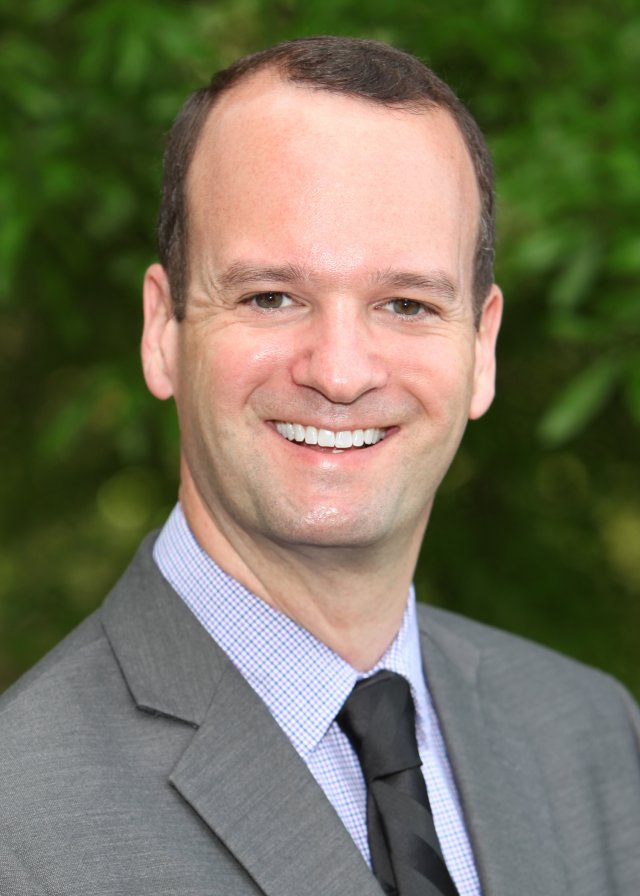Meet EPA Scientist Blake Schaeffer, Ph.D.

EPA research scientist Blake Schaeffer develops satellite remote sensing technologies to monitor water quality in coastal oceans, estuaries, and lakes. His current work is related to cyanobacterial harmful algal blooms, estuarine seagrass, and surface oil slicks.
How does your science matter?
Changes in water quality can be challenging to detect, even in communities where routine monitoring occurs. Observing changes across multiple places and during various times can be difficult for people. This means changes, such as the sudden development of toxic harmful algal blooms, may go undetected and result in environmental and human health issues. My research puts the power of satellite technology in the hands of communities so they can monitor more places more frequently. Today, we are providing satellite imagery to your smart phone through the CyAN application, and starting to use commercial satellites to detect critical changes in seagrass supporting fisheries and tourism. As a result communities are avoiding societal costs such as illness, missed days of work, or decreased fishing opportunities because my science provides information for more places and more times than has traditionally been possible.
How does it work?
Imagine you’re looking at a lake. The water appears blue to you because your eyes are differentiating the color. The satellite does the same thing, but uses mathematical models to measure different colors reflected from the water. We use these models to provide measures water quality.
This technology allows us to do much more than traditional techniques. We have the potential to view water quality on an enormous scale, such as the entire United States, but we can also zoom in to get specific real-time data for your local lake. That’s where the real impact with this technology comes in, because we’ll be able to notify people if there is a water quality issue.
It also gives us an historical archive of what has happened in the past. With satellite technology, you have the potential to go back 10 or 15 years into the archive and see how much things have changed and at what rate. That’s a huge advantage.
If you could have dinner with any scientist, past or present, who would you choose and what would you like to ask them?
If we're really being theoretical here, I'd like to have dinner with someone from the future, who's a scientist 100 to 200 years from now, to see what are the pressing issues. It would be interesting to see the differences from today. I'd like to know if what we're doing right now has connection and relevance in the distant future. That's what we're aiming for, doing something that improves the environment for future generations.
What do you like most about your research?
It's very captivating. When you think about the fact that's we're using space age technology for something so fundamental as measuring water quality, it's very innovative. I like pushing the boundaries of technology and being on the forefront of what's really possible.
When did you first know you wanted to be a scientist?
Inherently, I always knew my interests, even when I was little, fell along the lines of scientific thinking. I remember being on the docks where I lived and seeing the water, going fishing and crabbing, and wondering what was inside the crab and the fish.
Tell us about your background.
I started at a community college where I got an Associate's degree in biology. From there, I went to Albright College and got two Bachelors degrees, one in biology and one in biochemistry. Then, I went to North Carolina State University and got my Ph.D. in marine, atmospheric, and earth sciences.
If you weren't a scientist, what do you think you would be doing?
I think I would have been a medical doctor. I was looking at Hershey Medical Center for awhile to do a dual M.D./Ph.D. program, but I changed my mind at the last minute.
Any advice for students interested in pursuing a career in science?
When you start high school or college, you might think you need to choose what you are going to do for the rest of your life. In my mind, that's the furthest thing from the truth. Many people change courses throughout their lives and careers, and you shouldn't restrict the way you think. It can be a huge advantage for a scientist to have degrees and experiences in a variety of fields.
Editor's Note: The opinions expressed herein are those of the researcher alone. EPA does not endorse the opinions or positions expressed.
